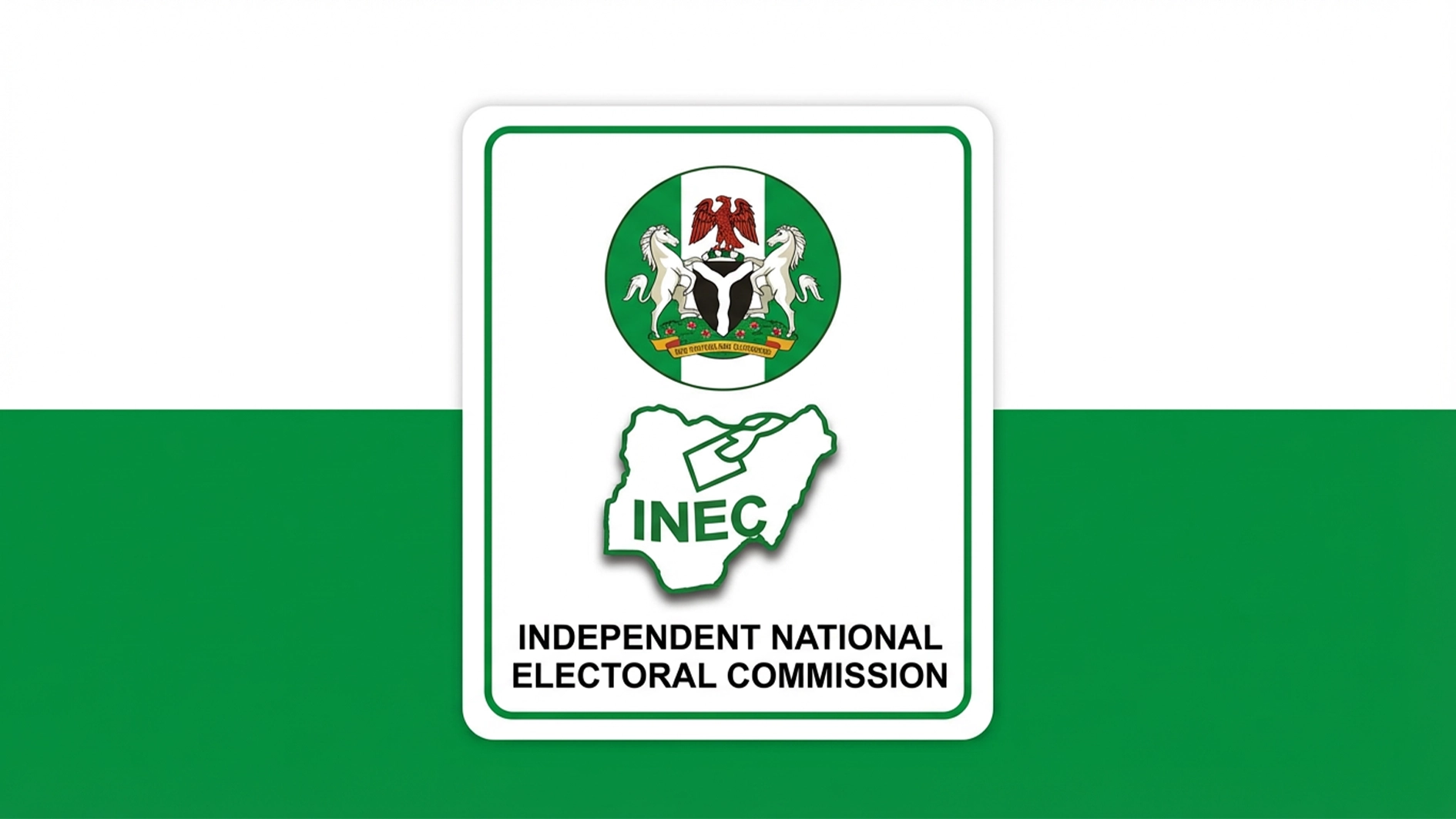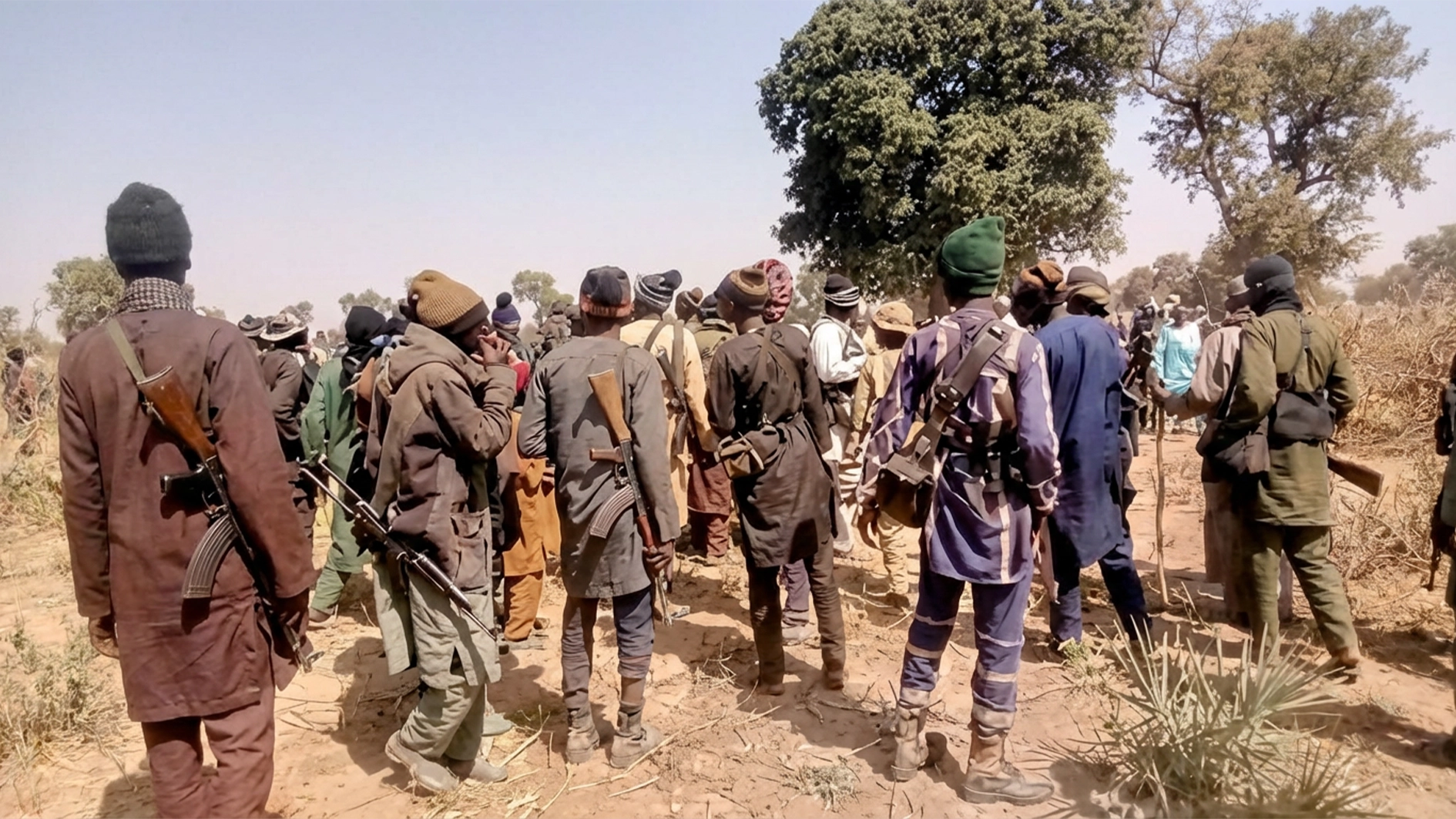Vice President Kashim Shettima has declared that there is no way Nigeria can dream of meaningful economic development without addressing the power sector crisis and ensuring the country has access to electricity and other affordable energy.
He urged leaders in the country to rise above differences to confront the power sector crisis and become part of the reincarnation of Nigeria as an industrialised nation.
Vice President Shettima spoke on Thursday when he inaugurated the National Economic Council (NEC) Ad Hoc Committee on National Electrification and NEC Ad Hoc Committee on Polio Eradication at the Presidential Villa, Abuja.
Inaugurating the ad hoc committee on National Electrification, Senator Shettima made reference to countries with similar challenges of energy insufficiency, such as Indonesia, India, South Africa, and Uganda, pointing out that they are already in the league of those at the forefront of post-industrial revolution.
“One common thing with these countries and others in the post-industrial revolution community is that they have largely resolved the issue of energy insufficiency.
“There is no doubt that we cannot dream of meaningful national economic development without addressing the issue in the power sector and ensuring that Nigerians have accessible, available and affordable energy,” he stated.
Regretting that an estimated 40-70 per cent of Nigerians have no formal access to electricity, VP Shettima said he is comforted by the knowledge that the calibre and experiences of state Governors and other members of the committee “will definitely change the narrative in a positive trajectory.”
He acknowledged the basic challenges in the nation’s power sector, especially the national grid which has been witnessing system collapse.
The Vice President however expressed optimism that there will soon be significant improvement following the recent reforms in the energy sector which have opened the sector, “not only to the participation of, otherwise, excluded players, but also to attract investments, both foreign and local.
“I believe we are well endowed with resources, be it gas, hydro or solar, that allow us to have an optimal energy mix and leverage these resources to build a sector in a resilient manner that ensures energy security for every Nigerian,” he added.
The Vice President urged members of the National Electrification ad hoc committee to come on board and work for the nation.
He said, “I wish you the best as you embark on this critical assignment, and I want to assure you of my availability as you discharge this onerous assignment. With this, I hereby inaugurate the NEC ad hoc committee on National Electrification Strategy and Implementation Plan.”
While inaugurating the NEC ad hoc committee on Polio Eradication, Senator Shettima urged members of the committee and stakeholders to reinvigorate efforts to confront the reemergence of the disease head-on.
He said, “If at all we have relied heavily on assistance from partners to address the devastation caused to our people by this disease, it is time to take a determined step to eradicate this disease from our people. I am confident we can do it if we work collectively and collaboratively with partners and all the stakeholders.”
The Vice President discouraged short-term measures in tackling polio, urging the committee members to come up with long-term measures, including the local production of polio vaccines.
He said, “We cannot fight this virus, Your Excellencies, by constantly responding to its recurrence, as short-term measures will always fail. We must develop a futuristic plan, and this calls for a long-term approach to containing the virus.
“It is in this regard that we must take seriously the overarching need for the local production of polio vaccines. This, I believe, will ensure that we take a long-term view of the containment of the virus and ultimately its extermination in the future.
“It is clear that we should never rest on our oars, as the virus keeps mutating and reemerging in new forms such as the new variant in Kano and Sokoto, but it is heartening that these states have taken firm action to confront the new variant”.
In his remarks, the Chairman of the NEC ad hoc committee on National Electrification and Cross River State Governor, Prince Bassey Edet Otu, noted that the Vice President has empanelled the committee with four terms of reference to change the ugly history of incessant national grid collapse in the country, noting that their next task is to get down to work, and do so assiduously until they produce credible, achievable and sustainable results.
He said, “In the command list, one, is to put an end to consistent grid collapse in the energy sector and to work towards deepening states’ engagement within the Electricity Reform Act 2023 to address the challenges in the power sector to the best expectation of Nigerians and the National Electrification Strategy and Implementation Plan.
“These tasks are tall but looking at the members of the committee, we are individually and collectively taller, especially in our avowed commitment to the Renewed Hope Agenda of Mr. President and the golden ethos of nation-building.”
On his part, the Chairman of the Polio Eradication ad hoc committee and Gombe State Governor, Alhaji Inuwa Yahaya, thanked the Vice President for giving members the opportunity to serve in the committee, assuring that they will do all their best to end the reemergence of polio in the country.
Governor Yahaya who is also Chairman of the Northern State Governors Forum said, “On behalf of members of this committee, I would like to appreciate you for making this choice of putting up this committee that includes this membership. And going through the committee’s membership, one knows full well that it is really by design and not by accident because you want to address a critical issue, and you, indeed, picked the right people to address the issues.
“The Governors, as you said, are the prime movers, and the likes of Aliko Dangote, and, in fact, under the leadership of the Honorable Minister, this task of eradicating Polio and taking it out of Nigeria will be made easy once we are able to do the needful.”
Members of the NEC ad hoc committee on National Electrification include Governors of Katsina, Gombe, Osun, Imo and Plateau States; Minister of Finance and Coordinating Minister of the Economy; Minister of Budget and Economic Planning; Minister of Power; Special Adviser to the President on NEC/Climate Change; Special Adviser to the President; Managing Director/CEO of Rural Electrification Agency (REA); CEO, Nigeria Governors’ Forum; Managing Director/CEO of Niger Delta Power Holding Company; FGN Power Company, and NEC Secretariat.
Members of the Polio Eradication ad hoc committee are Governors of Kano, Katsina, Kebbi, Zamfara, and Sokoto States; Minister of Health and Social Welfare, Managing Director/CEO of National Primary Health Care Development Authority (NPHCDA); Director General of Nigeria Governors’ Forum; representative of UNICEF; representative of Aliko Dangote Foundation; Special Assistant to the President on Public Health; Special Adviser to President in NEC/Climate Change, and NEC Secretariat.






